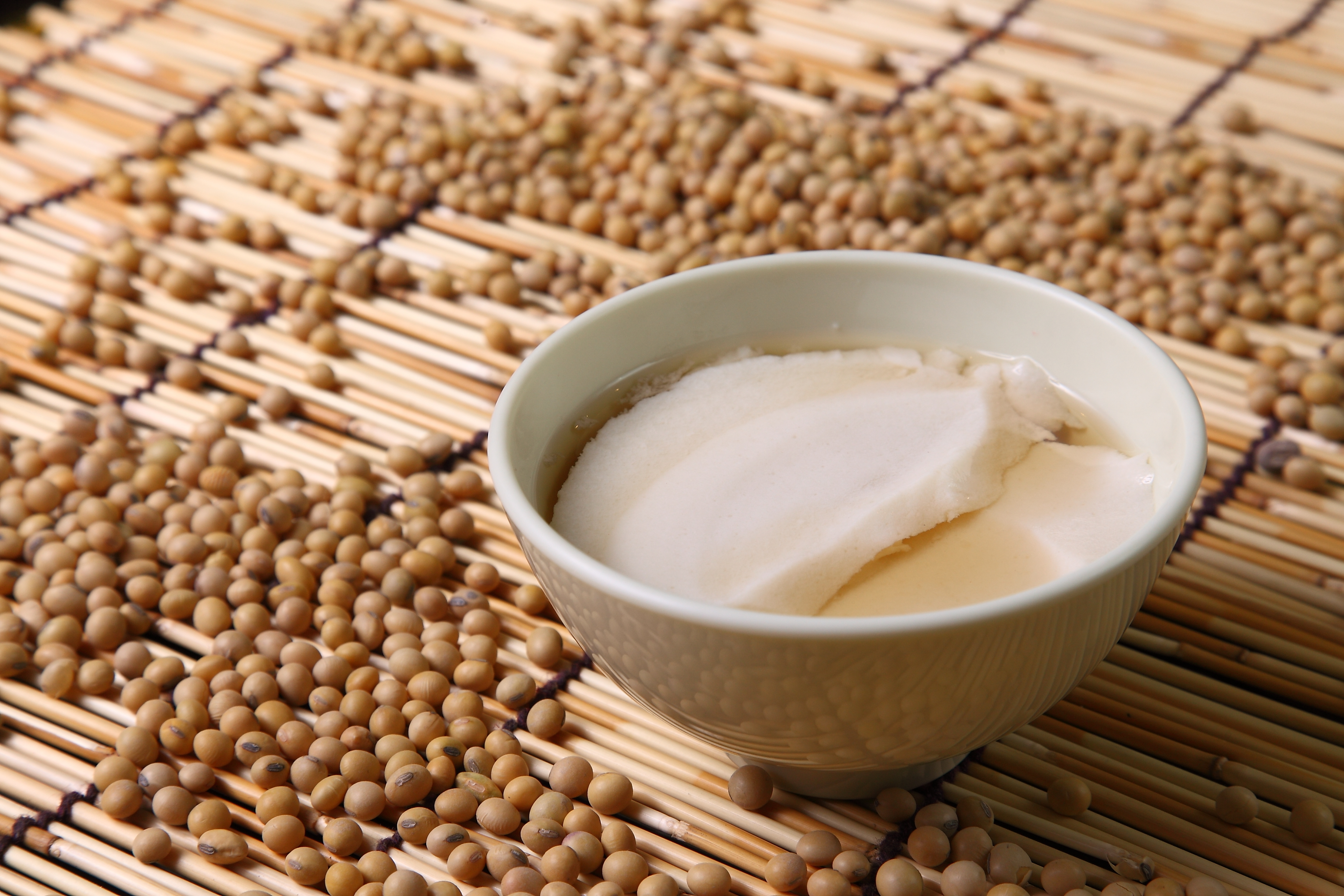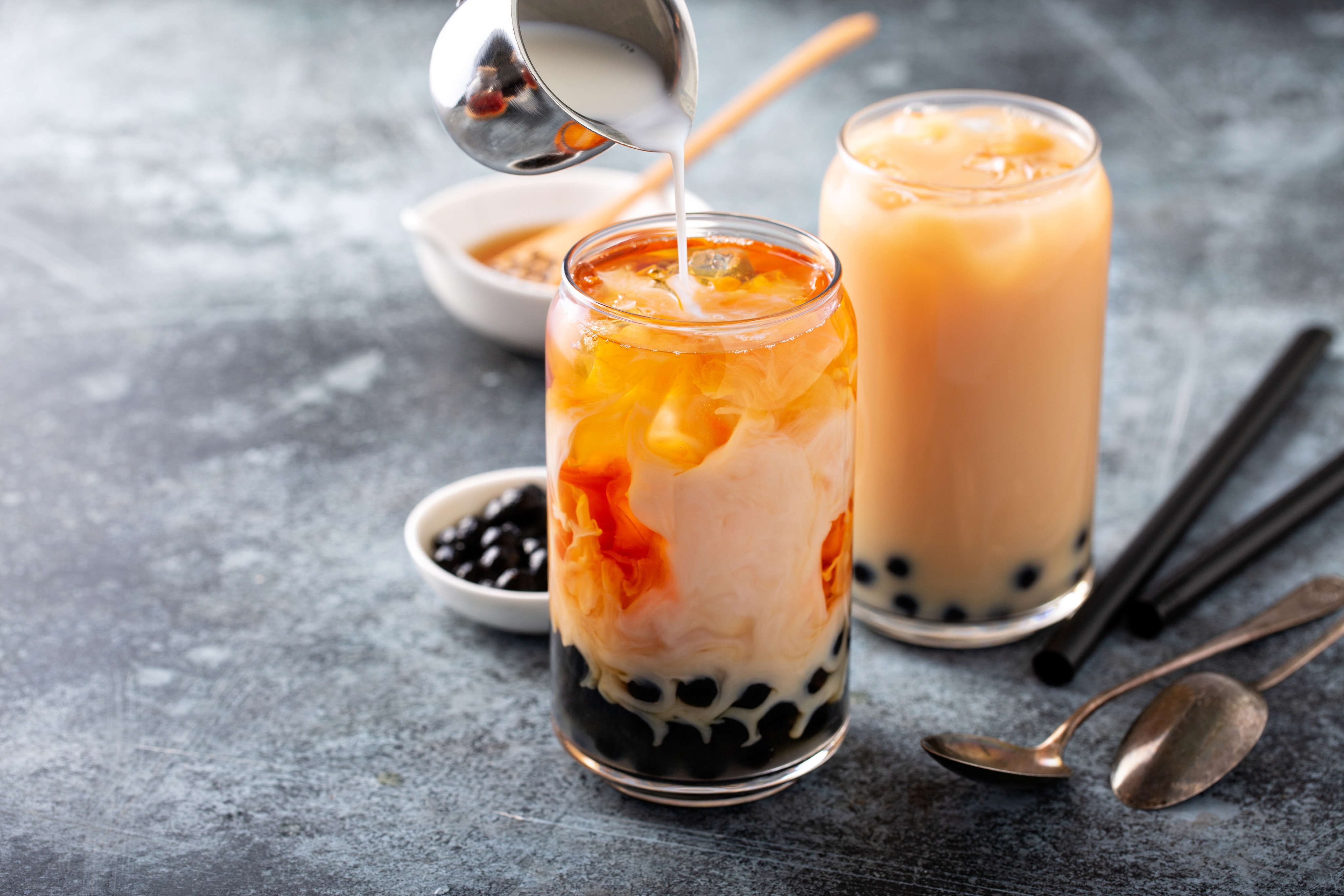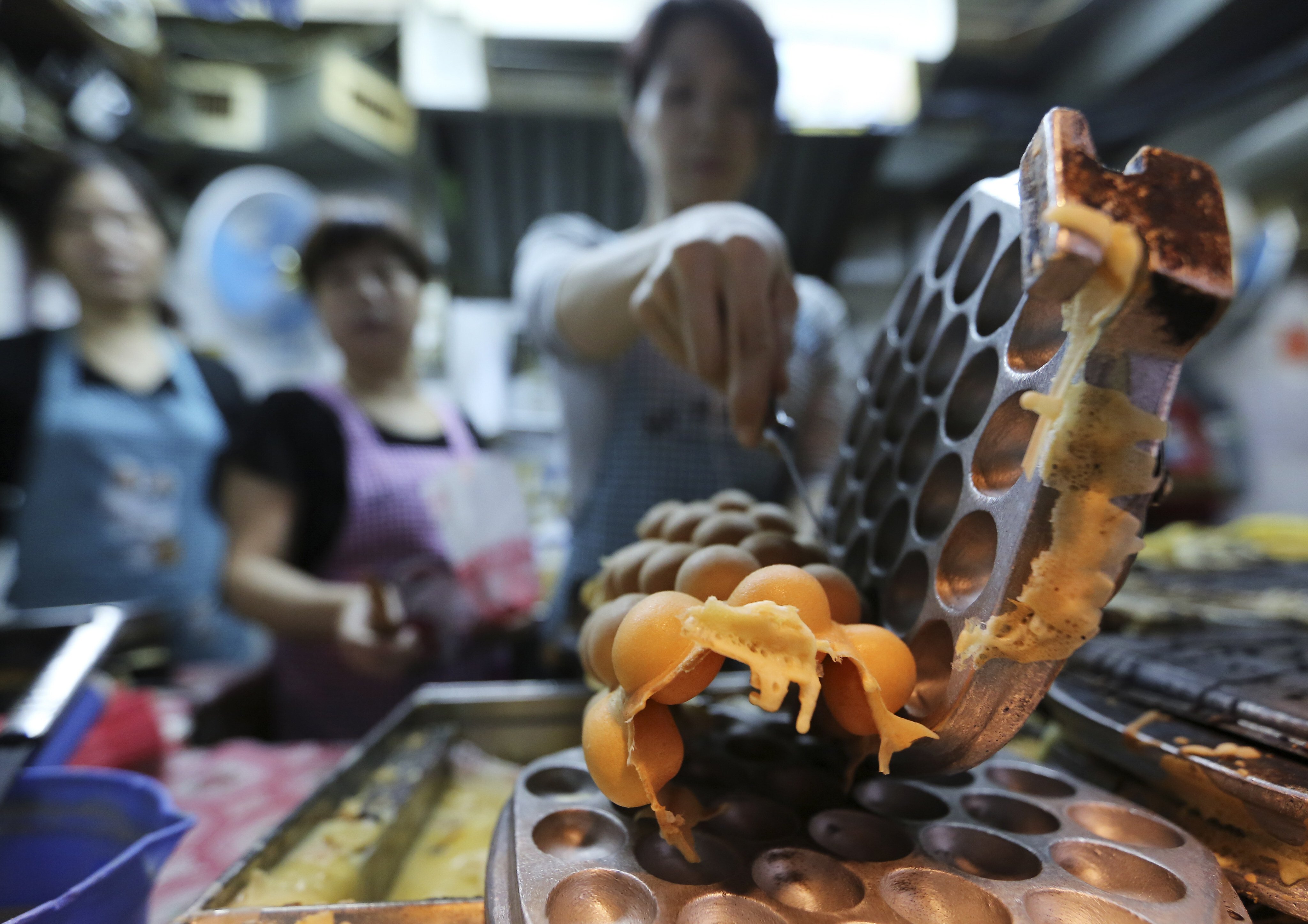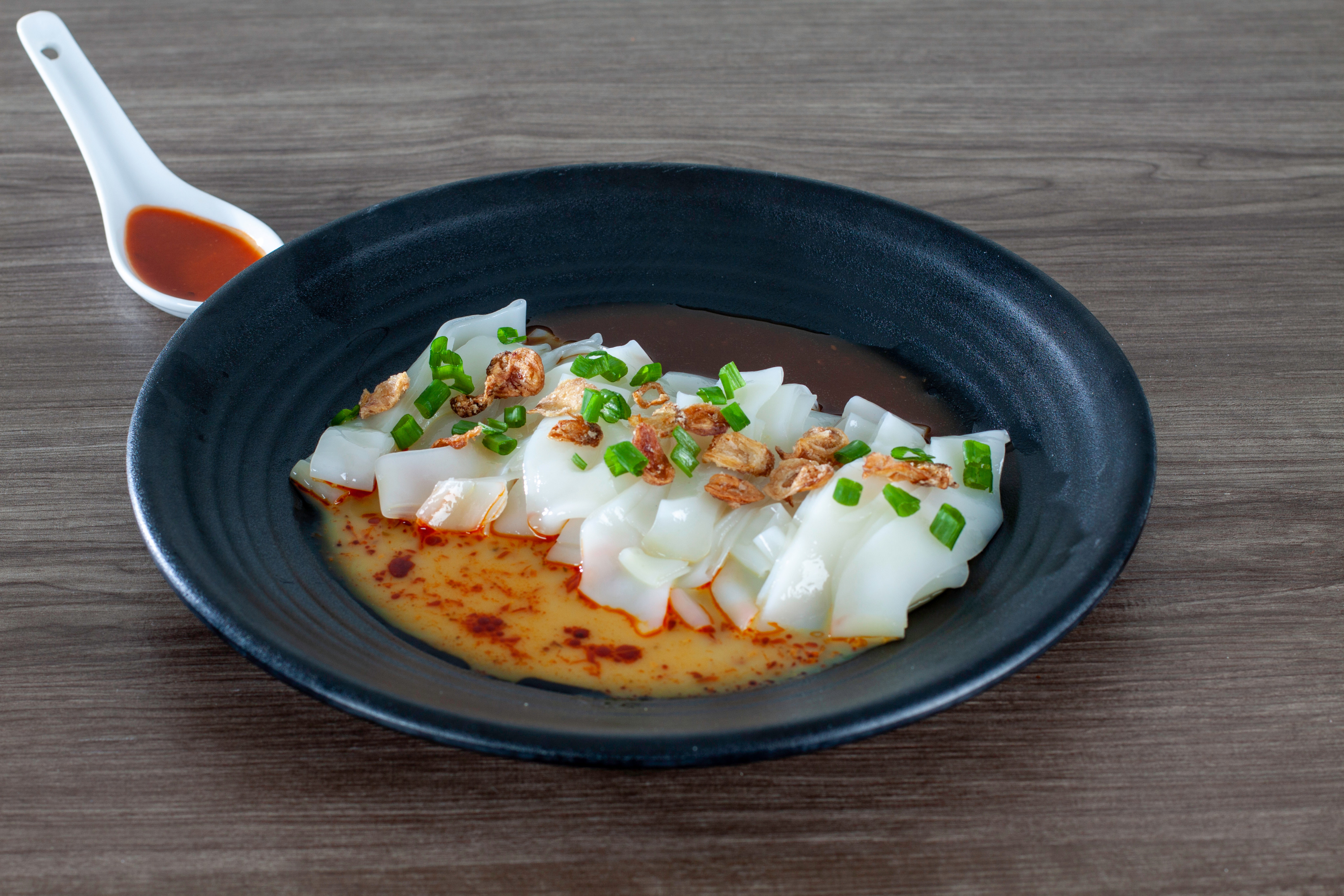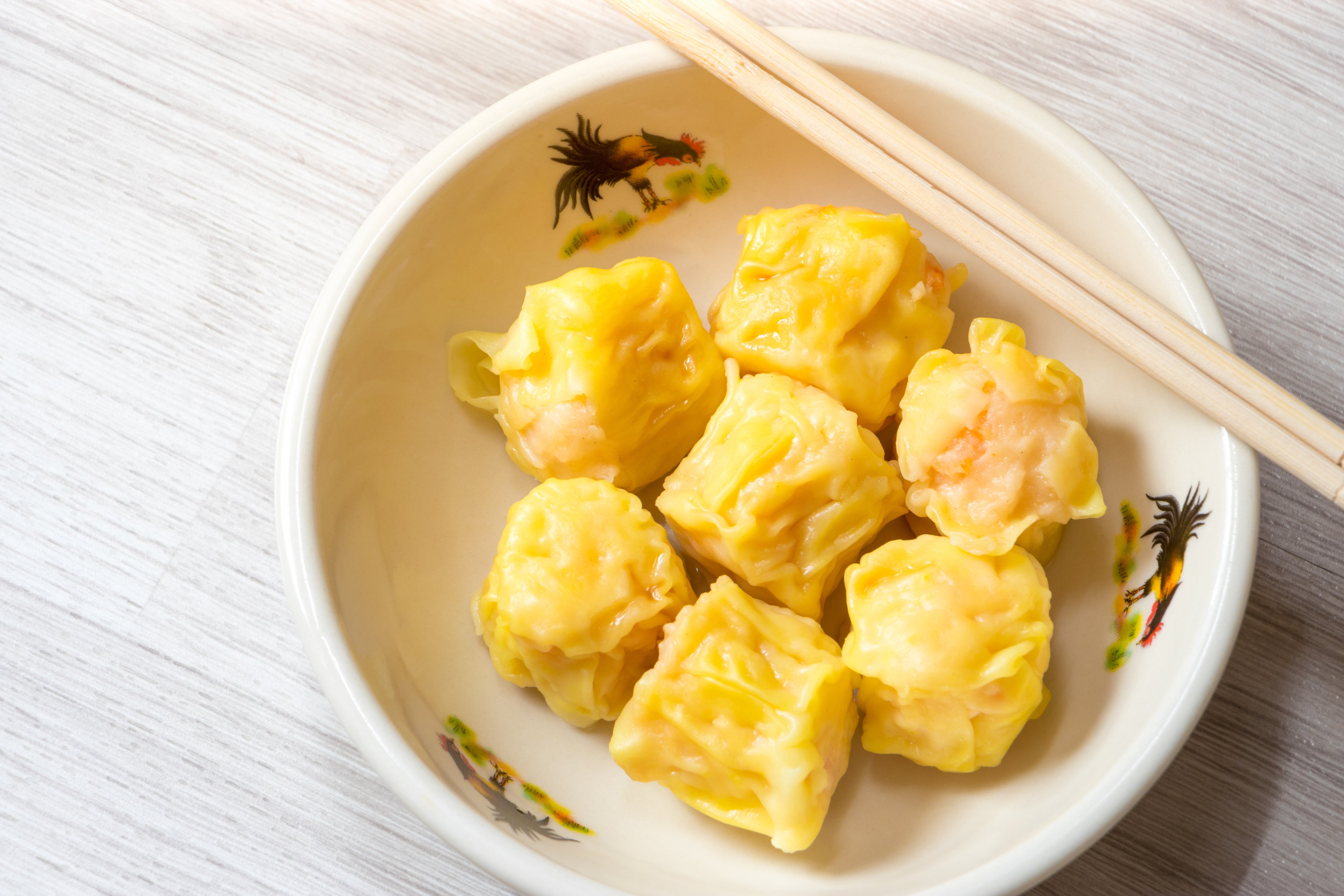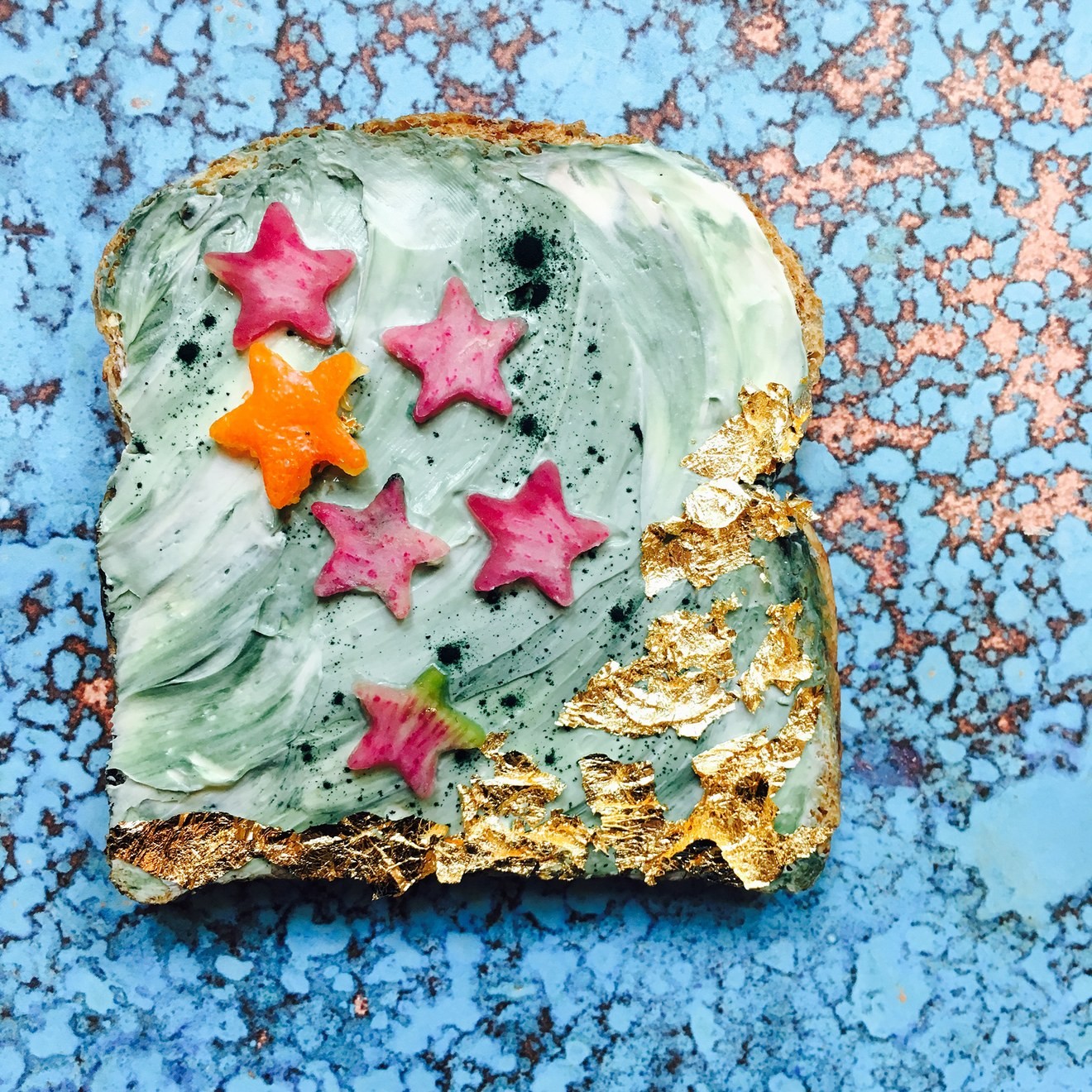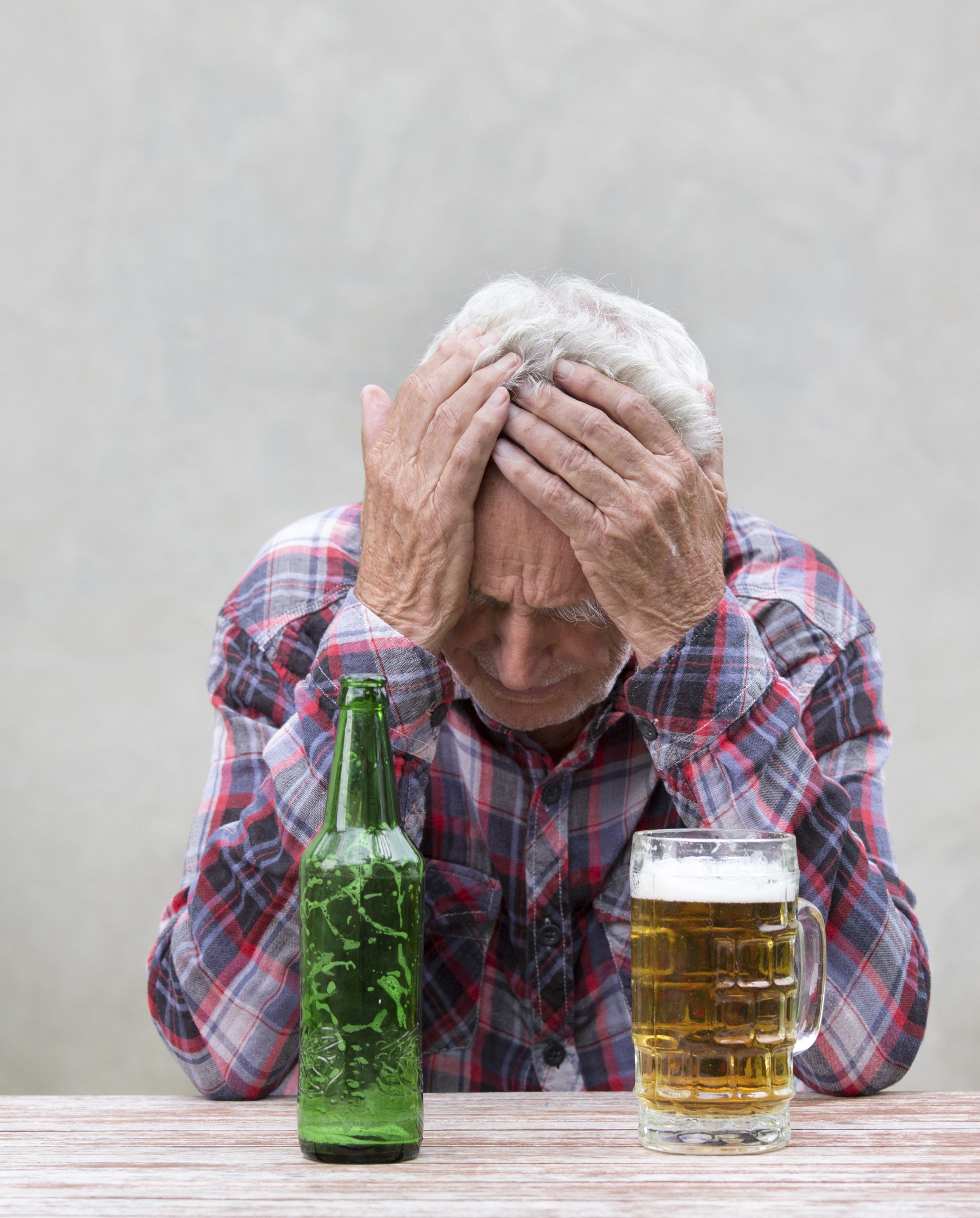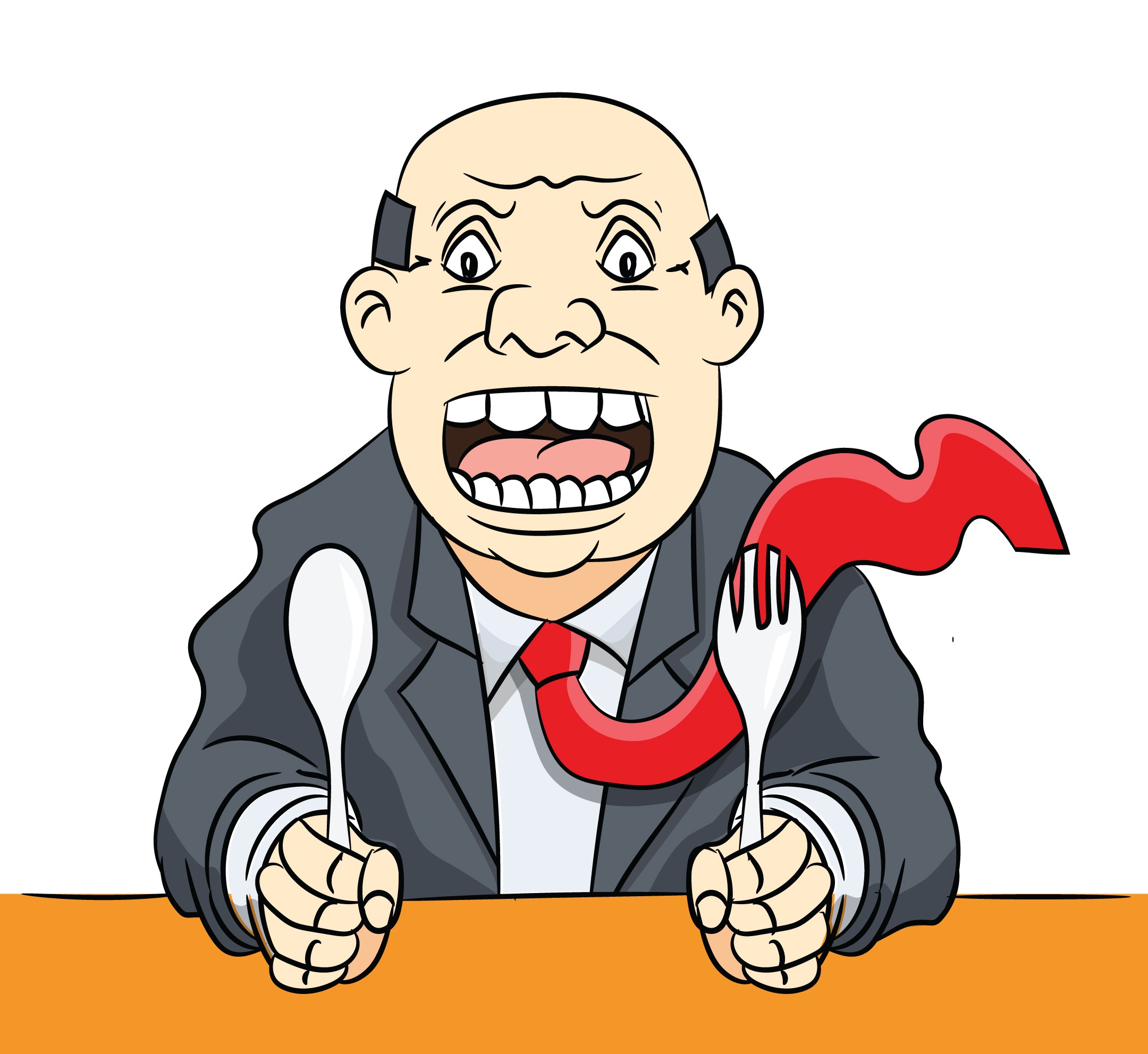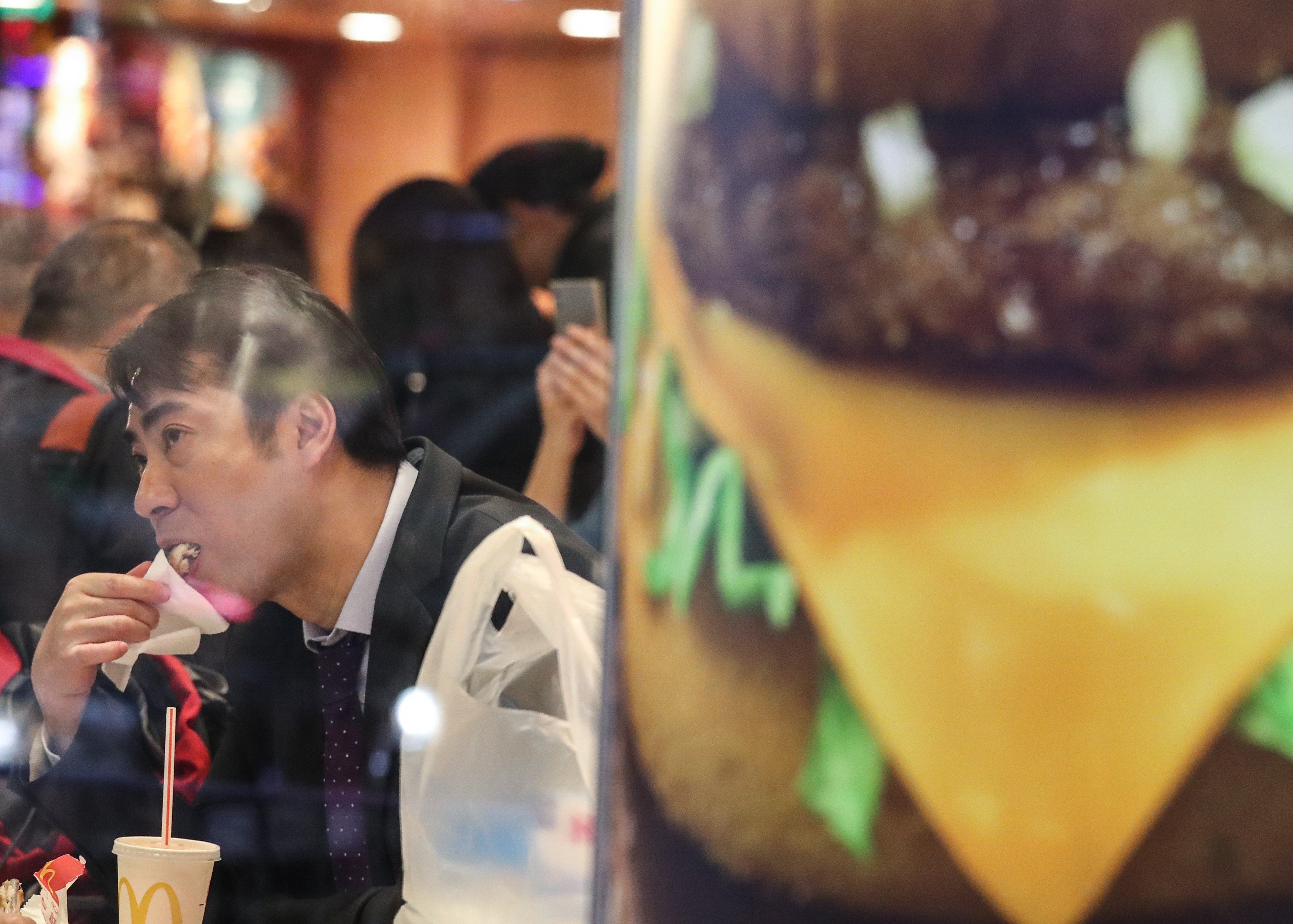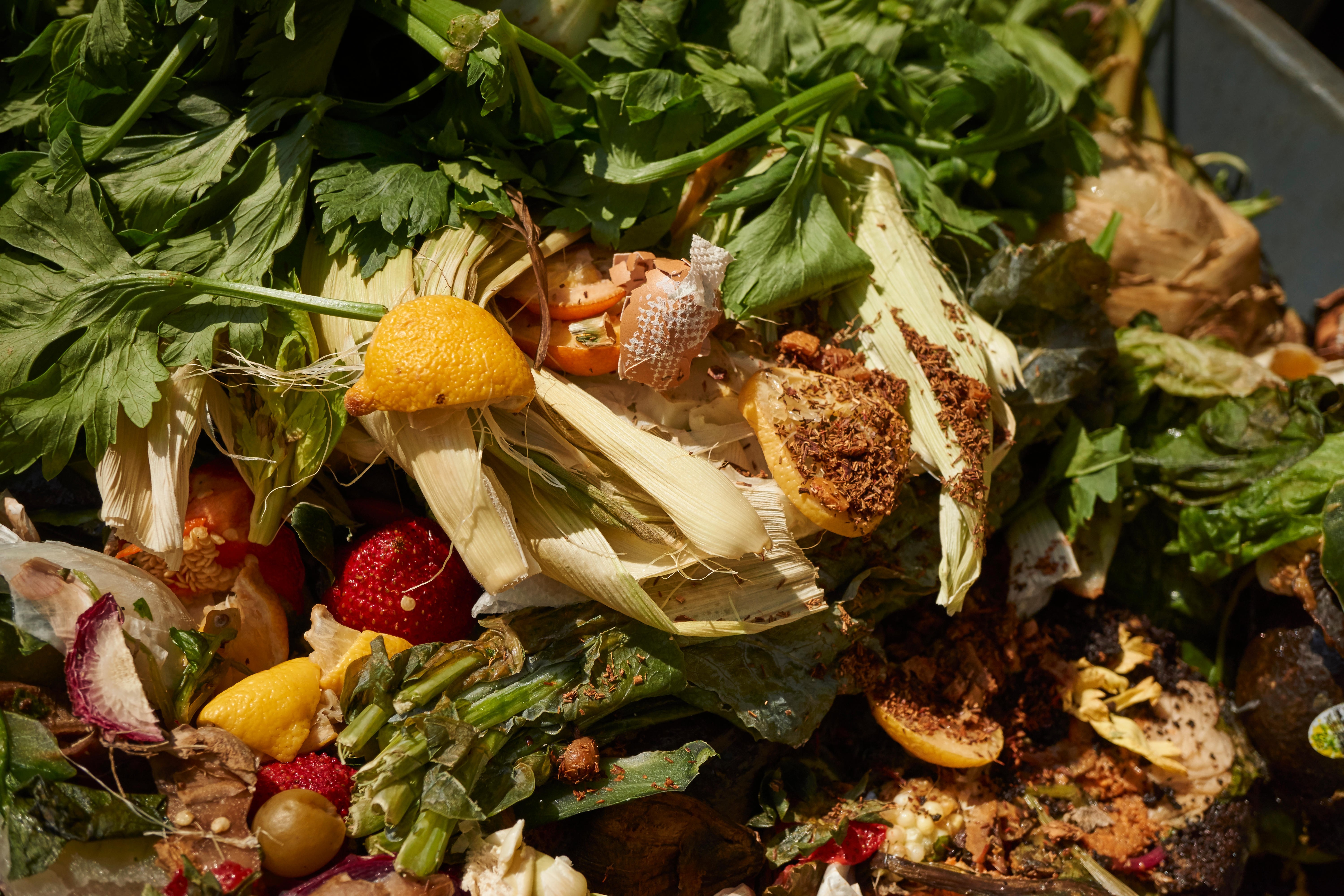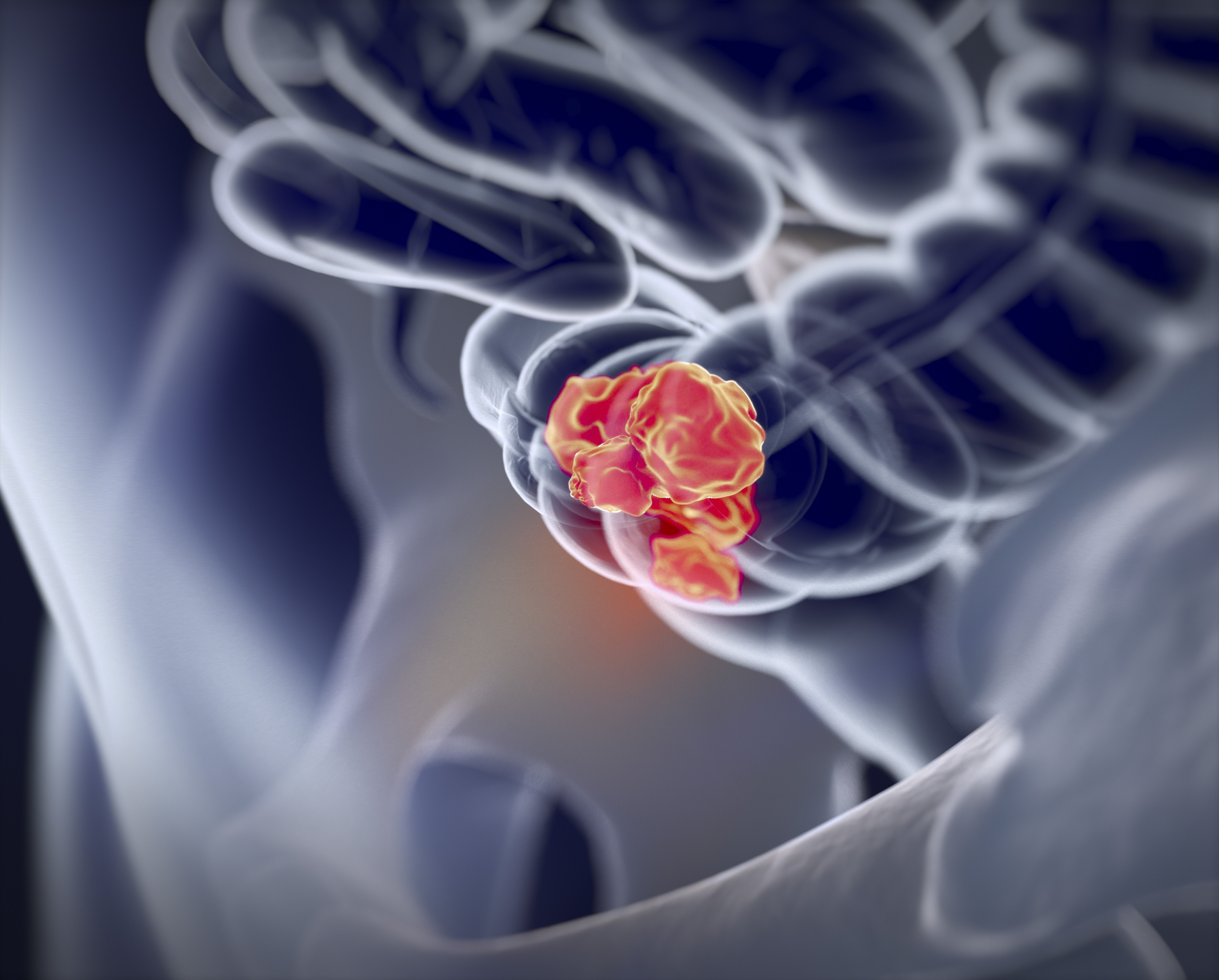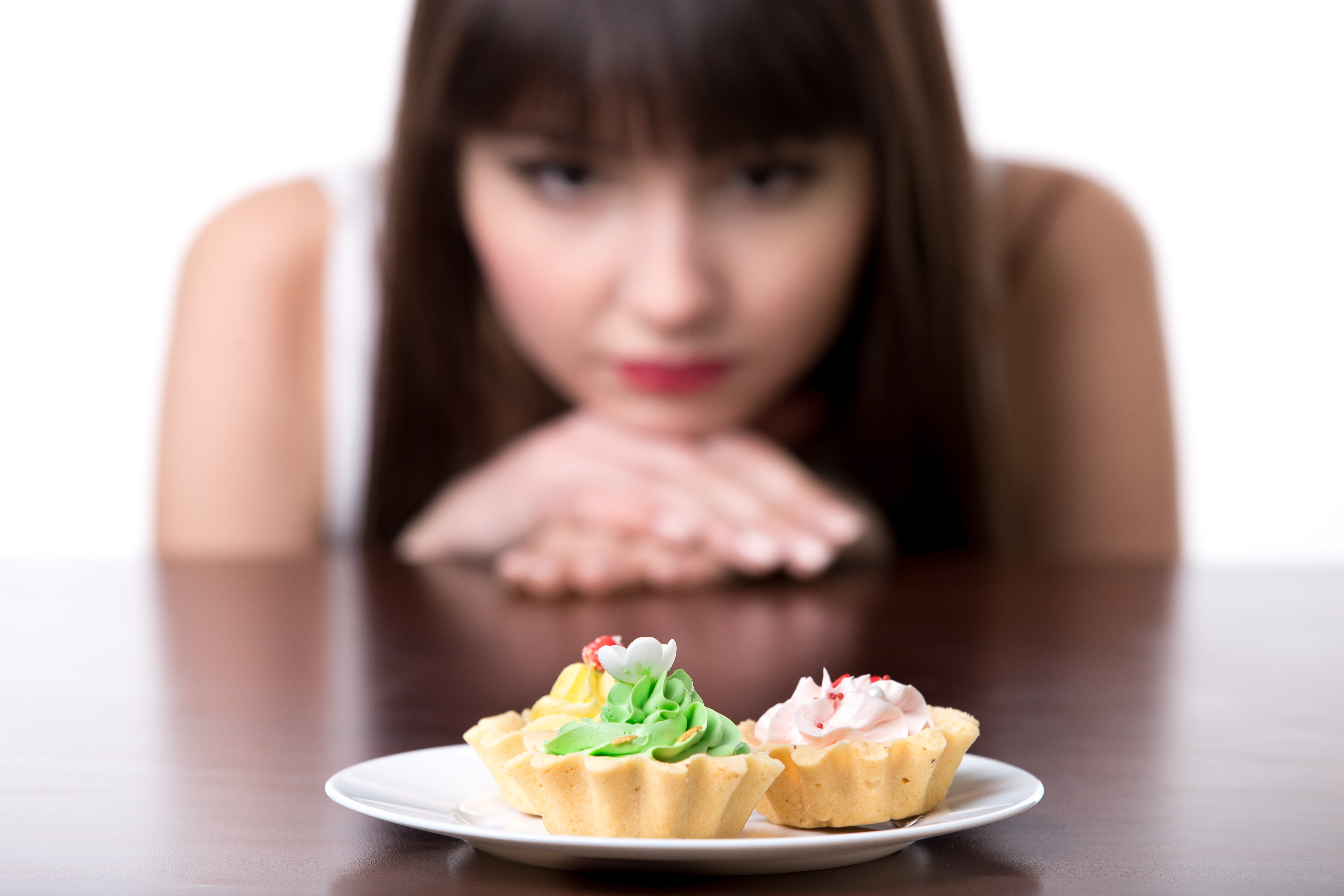
A nutritionist explains a legend about how the dessert was created, what nutrients it has, and how to make an easy version at home.
The boba drink – which a few Taiwanese shops claim to have invented – can be better for your body if you make a few changes to your order or try the home-made version below
This iconic street food first appeared in the city in the 1950s as an affordable and portable treat.
Walk down any street in the city and you’ll find a vendor selling these iconic street foods, but are they good for you?
Colourful, eye-catching dishes are all the rage on Instagram but how do you get that rainbow effect without piling on the calories? Check out our tips on the fruits, powders and superfoods you need in the kitchen
As we age and the level of enzymes to break down alcohol decreases, it stays in our system longer, and our bodies slow down. The key to pain-free mornings after are moderation, hydration and not mixing with medication
The secret to controlling your temper is diet, say doctors. When you haven’t eaten enough, hormone levels in your body change and can cause you to be short-tempered
Alternate-day, time-restricted or modified fasting are all ways of avoiding or drastically restricting food intake, and may help people trapped in a yo-yo diet cycle, but they’re not for everyone – see three alternative ways to lose weight
Obesity is on the rise, especially in Asia, where Western lifestyles and diets are wreaking havoc and causing serious health problems. Here are some tips for you to watch what you eat and shed weight
About 3,000 tonnes of food is thrown away and ends up in landfills every day in Hong Kong. A lot of it is still packed full of useful nutrients. Here are some tips on how to buy, store and serve produce to get the most out of it
These basic changes to your diet and lifestyle can increase your body’s defences against one of Hong Kong’s most common and deadly cancers
Cases of attention deficit hyperactivity disorder are rising in Hong Kong. A diet that is high in omega fatty acids and proteins, and low in processed sugars and junk food, may help treat it without resort to drugs
Eating too much salt increases the risk of becoming obese, having a stroke or suffering from heart disease, hypertension, and kidney problems. Here’s how to have a less salty diet
Many of us believe we crave foods because they contain nutrients we lack, but recent research suggests our sugar addiction comes from a more complex mix of biochemical, hormonal and emotional factors

